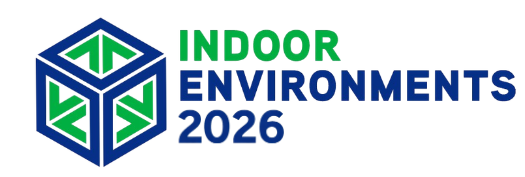Education
SAVE THE DATE:
Indoor Environments 2026™
The 39th Annual Radon and Vapor Intrusion Symposium
Norfolk, Virginia
Norfolk Waterside Marriott
October 4 – 7, 2026
For questions and more information, please contact: Symposium@IndoorEnvironments.Org

More Information Coming Soon
The symposium has educational opportunities for all attendees, beginning with Sunday short courses (at extra fees), and Monday, Tuesday, and Wednesday continuing education (included in the price of registration).
The annual symposium is a great opportunity to earn continuing education credit for certifications. Most states and agencies accept the Indoor Environments Symposium credits attendees can earn for free Monday – Wednesday. (daily quizzes – online, completion certificates available immediately after passing each quiz).
Attendees may attend any session on all days, in any concurrent track. Simply keep track of your quiz answers using workbooks distributed daily. The online quiz is available daily.
In addition, Indoor Environments offers continuing education courses on Sundays pre-symposium. These courses are hosted by IEA and bring in the most in-demand and often unique courses trainers are developing just for the symposium. Trainers run their courses and distribute all students’ course completion certificates for Sunday courses.
How to earn FREE C.E. at the Symposium
Category-I continuing education credits are available for those who want/need the CE. These are free and included in every Full or Single Day registration. Monday, Tuesday, and Wednesday each have online quizzes available. Attendees can earn up to 6 credits each day on Monday or Tuesday and up to 3 credits for the half day on Wednesday. Maximum Cat-I CEs are 15 in total.
Category-II credits are automatically applied to every attendee for attending a radon conference/annual meeting. 8 Cat-II for a full Registration, and 4 Cat-II for each single day.
Note: Speakers can earn Cat-2 credits for speaking at the symposium. The maximum to be able to earn in a cycle is 8.
